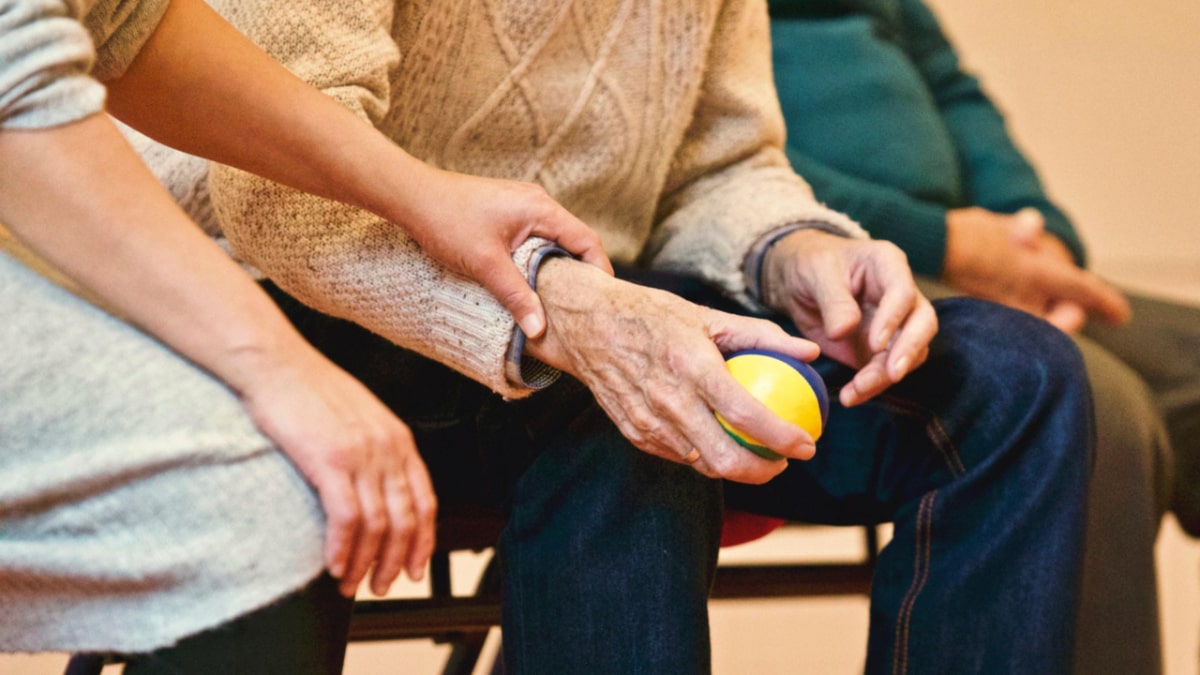Many people who apply to work in a hospice – whether as a paid employee or a volunteer – will be required to undergo a DBS Check to ensure they are suitable to work with those they care for.
DBS Checks for hospice workers are vital in terms of safeguarding, but there remains a lot of confusion about exactly what is necessary.
So we’ve created this quick guide to make it easier to understand DBS checks for hospice workers.
DBS checks for hospice workers: Who needs one?
DBS checks are required for hospice workers in many circumstances, whether the work is paid or being carried out by a volunteer. However, the level of check needed depends on the role and responsibilities of the applicant.
Enhanced DBS checks for hospice workers
Any healthcare professional who engages in regulated activity with adults or children will be eligible for an Enhanced DBS Check with a check of the adults’ and children’s barred list. This is the highest level of criminal record check available and will include spent and unspent convictions as well as any unfiltered cautions.
Those working within a hospice setting who aren’t healthcare professionals could still be eligible for an Enhanced DBS Check. Any employees who meets all the following criteria would be required to have an Enhanced DBS Check with a check of the children’s barred list under the Child Workforce only:
- works within a children’s hospice registered as a children’s hospital
- has the opportunity to have contact with children as part of their role
- and comes into contact with children at least once a week or 3 or more days in any 30 day period, or overnight
For example, managers of a hospice shop that are responsible for the supervision of anyone under the age of 18, such as work experience students, would need to have this level of check.
Standard DBS checks for hospice workers
A Standard DBS Check for hospice workers would be appropriate when the individual is working within the hospice setting and will have some access to patients in receipt of healthcare, but are not providing a regulated activity.
This could include cleaners, maintenance workers and catering staff.
You can find out more about the government’s guidance on regulated activity for children here, and on regulated activity for adults here.
Basic DBS checks for hospice workers
If, in the course of their normal duties, the employee has no access to patients in receipt of healthcare, then the hospice has the option of whether to process a Basic DBS Check. This is not a legal requirement.
This would be relevant for roles such as gardeners, delivery drivers and administration staff who do not access patient wards, as well as many other roles.
DBS checks for hospice workers: a summary
A recent report by the Care Quality Commission found that hospice care across England has the highest percentage of health and social care services that are rated outstanding – and robust safeguarding plays an important part in this success.
In general terms, the majority of hospice staff will need a DBS Check, with those carrying out regulated activity requiring the most comprehensive level of check available.
If you are in any doubt about what is required don’t hesitate to get in touch with us, or register now to start applying for DBS checks.







